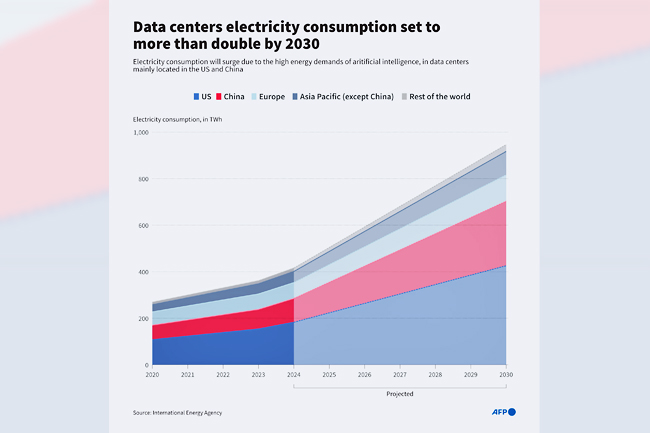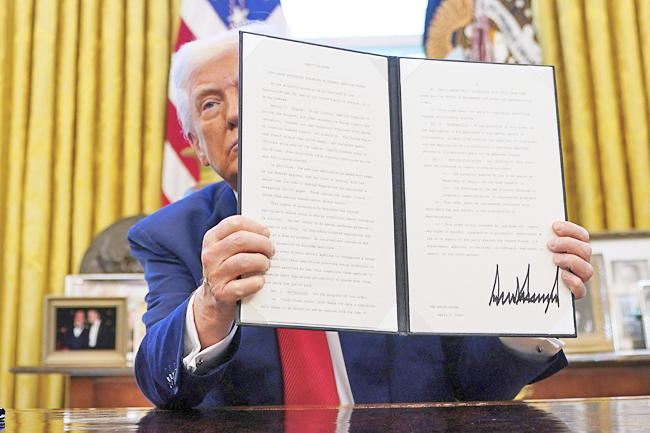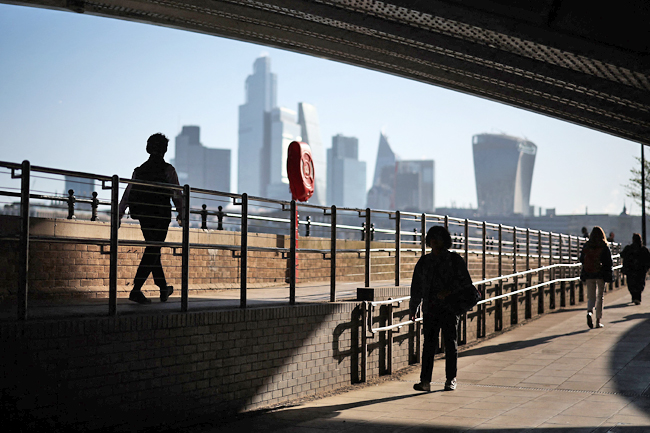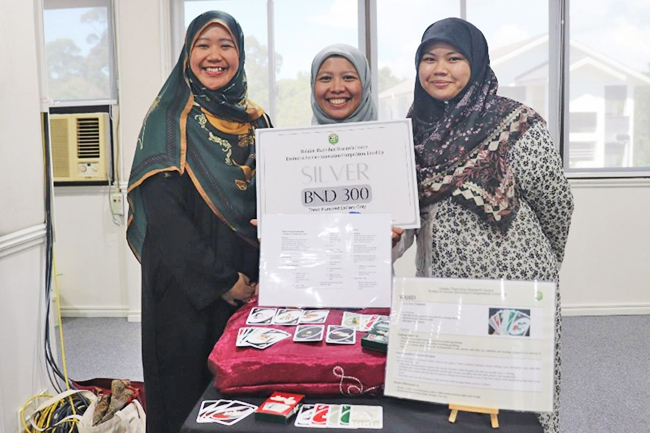LOS ANGELES (AFP) – Luka Doncic shrugged off the raw emotion of his return to Dallas with a dazzling 45-point display against his former club as the Los Angeles Lakers downed the Mavericks 112-97 to punch their ticket to the NBA playoffs.
Doncic, who joined the Lakers from Dallas in February in one of the most shocking trades in NBA history, was given a rousing reception by Mavs fans packed into the American Airlines Center to pay tribute to their former hero.
A pre-game video montage was screened in the arena just before Doncic was introduced to the sell-out crowd of 20,841 fans, many wearing t-shirts bearing the words ‘Thanks for Everything’, written in the 26-year-old’s native Slovenian.
Doncic visibly teared up as he watched the tribute, and looked distraught as he was comforted by Lakers team-mate LeBron James moments before tip-off.
But after that emotional pre-game ceremony, Doncic quickly snapped into game mode, swiftly getting into his scoring groove to give Mavericks fans a painful reminder of the generational talent that was traded away by the club.
Doncic scored 14 in the first quarter alone, and added a further 17 in the second period to help the Lakers into a 60-57 half-time lead.
Doncic’s rate of scoring slowed in the second half, leaving James to produce a trademark fourth quarter burst to close out victory.

But there was still time for Doncic to sign off in style, nailing an imperious three-pointer to push the Lakers into a 108-94 lead shortly before exiting the game to a standing ovation.
The applause swiftly morphed into chants of “Fire Nico” – a reference to the Dallas general manager Nico Harrison who has been roundly criticised by Mavs for engineering the trade which sent Doncic to Los Angeles in exchange for Anthony Davis.
Doncic later admitted he had struggled to maintain his composure during the pre-game ceremony.
“I don’t know how I did it because when I was watching that video I was like ‘There’s no way I’m playing this game’,” he told ESPN. “But all my teammates had my back and were really supporting me.
“There were so many emotions I can’t even explain. It brought tears to my eyes. I came here as a young kid, aged 18, and they made me feel like it was home. Just a lot of great memories.
“I love these fans, I love this city but it’s time to move on.”
The victory means the Lakers, who improved to 49-31, can clinch third seed in the Western Conference if they win one of their final two regular-season games.
Doncic’s 45 points included seven three-pointers from 16-of-28 shooting, while James finished with 27 points, seven rebounds and three assists.
In other games on Wednesday, the battle for playoff places in the Western Conference took an unexpected twist with the already-eliminated San Antonio Spurs scoring an upset 114-111 win over the Golden State Warriors in San Francisco.
Harrison Barnes’ 27-foot buzzer-beating three-pointer snatched victory for San Antonio, who had trailed by 12 points at the start of the fourth quarter.
The defeat leaves Golden State’s hopes of grabbing one of the three remaining playoff spots in the Western Conference in a precarious position. The Warriors dropped out of the top six with the loss.
Elsewhere, the Denver Nuggets’ first game since the shock firing of coach Michael Malone on Tuesday saw the team halt their four-game losing streak with a 124-116 defeat of the Sacramento Kings. Denver are fourth in the standings with a 48-32 record.
The red-hot Los Angeles Clippers continued their march up the table after extending their winning streak to six games with a 134-117 win over the Houston Rockets, who have already clinched second place in the West. The Clippers (47-32) are fifth, with Memphis sixth.





















